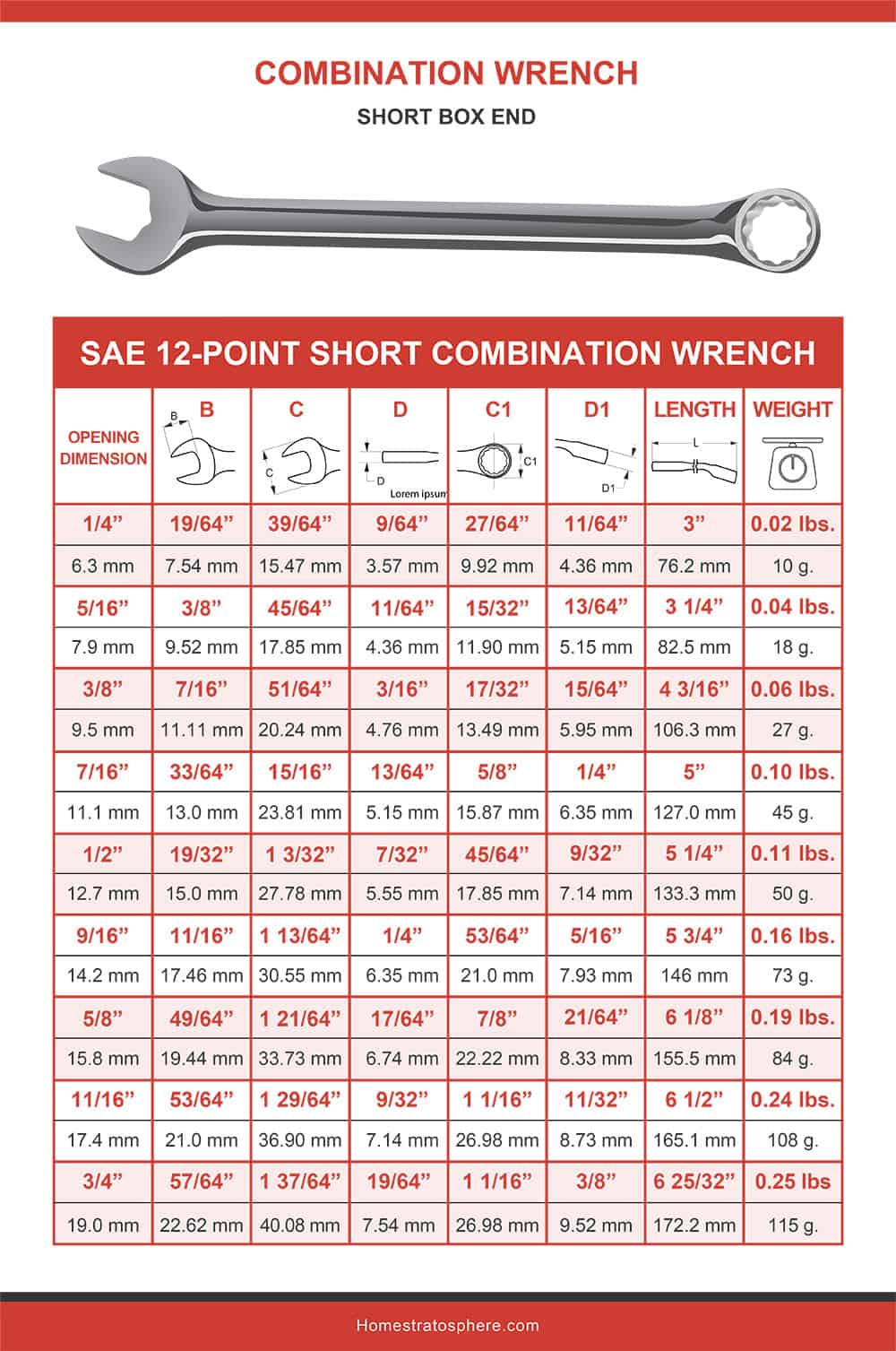Stripped Screws and Metric Mayhem: Your Guide to SAE vs. Metric Wrench Sets
Ah, the age-old struggle: staring down a stubborn bolt with the wrong wrench in hand. We’ve all been there, right? It’s a tale as old as time, or at least as old as the invention of the automobile. That's because the battle between SAE and metric wrench sets is real, and it's playing out in garages and workshops across the globe.
But why are there two systems anyway? Why can't a wrench just be a wrench? Well, blame it on history, my friend. The United States, in its infinite wisdom, clung to the imperial system (that's where SAE, or Society of Automotive Engineers, comes in) while the rest of the world embraced the metric system. And thus, the great wrench divide was born.
Navigating this world of fractional inches versus millimeters can feel like cracking the Enigma code, especially for the uninitiated. But don’t despair! Understanding the difference between these two systems and having the right tools can be the difference between a successful repair and a frustrating, expletive-filled afternoon.
So, let's break it down. A metric wrench set uses, you guessed it, the metric system. Think millimeters. These wrenches are typically found working on cars made after the early 1980s, especially imports. On the other hand, SAE wrenches speak the language of inches and are commonly found on older American-made vehicles and machinery.
The biggest issue? Using the wrong wrench can strip a bolt, leaving you with a bigger problem than you started with. Imagine this: you're trying to change a flat tire on the side of the road, but your SAE wrench is just rounding off the lug nuts on your German-engineered car. Not a good look.
Advantages and Disadvantages of Metric and SAE Wrench Sets
| Feature | Metric | SAE |
|---|---|---|
| Measurement System | Metric (millimeters) | Imperial (inches) |
| Common Usage | Modern vehicles, especially imports, bicycles, electronics | Older American vehicles, machinery, plumbing |
| Availability | Widely available | Widely available, but sometimes less common for specific sizes |
| Interchangeability | Generally interchangeable within the metric system | Generally interchangeable within the SAE system |
Here are some other burning questions you might have:
Q: Can I just use one set for everything?
A: Technically? Yes. But should you? Absolutely not. Using a metric wrench on an SAE bolt (or vice versa) might seem like it works at first, but it can lead to stripped bolts and damaged tools.
Q: How can I tell which system my car uses?
A: Check your owner’s manual! It’s a treasure trove of information. You can also often find the information online or by visually inspecting the bolts themselves.
Q: Do I need both sets if I'm just starting out?
A: It's a worthwhile investment, especially if you plan on tackling a variety of projects. Start with a basic set of each and expand as needed.
Q: What are the most common sizes I'll need?
A: For metric, 10mm, 12mm, and 14mm are your new best friends. For SAE, 3/8”, 1/2”, and 9/16” are frequently used.
Look, the bottom line is this: whether you're a seasoned mechanic or a weekend warrior, understanding the difference between metric and SAE wrench sets is crucial for any toolbox. It's a small investment that will save you headaches, stripped bolts, and a whole lot of frustration in the long run. So, embrace the wrench, choose wisely, and may your projects be ever in your favor.
The quiet poetry of emo aesthetic anime pfps
Mujer frente y espalda a comprehensive guide
Unlocking alabamas marketplace your guide to buy sell bulletins














